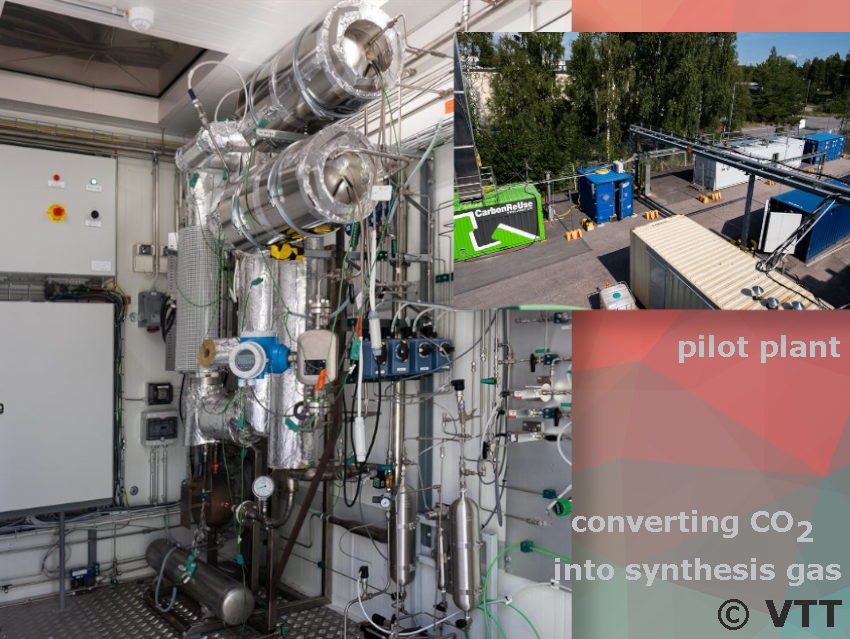VTT Technical Research Centre of Finland, Lappeenranta-Lahti University of Technology (LUT University), and industry partners have launched a pilot plant in Finland to convert captured CO₂ into sustainable plastic materials. The facility, housed in sea containers at the Bioruukki pilot center in Espoo, began operations in August 2024. It focuses on transforming bio-based CO₂, sourced from industries such as the forest sector and waste incineration plants, into compounds that can replace fossil raw materials in everyday plastic products and chemicals.
The pilot plant is part of the broader Forest CUMP research project, which has studied the entire production chain from carbon capture to converting CO2 to syngas and creating ethylene and propylene—key ingredients in producing polyethylene and polypropylene, the most common plastics in everyday life. The research findings are now being applied at Bioruukki to eventually deploy the technology at sites where bio-based CO2 is generated.
The Forest CUMP project, funded by Business Finland, is part of the Business Finland Veturi ecosystem, which collaborates with major Finnish companies to develop sustainable solutions and achieve national carbon neutrality. The project began in August 2022 and will run until the end of 2024. Leading companies such as Borealis, Neste, and ABB are involved, alongside Metsä Spring, Kemira, Vantaa Energy, Stora Enso, Ekotuhka Oy, Carbonreuse Finland, Fortum, and Essity. VTT and LUT University are research partners.
Their roles in Forest CUMP include:
- LUT University: Focuses on the purification and utilization of CO2 from the forest industry.
- Essity, Metsä Spring, Stora Enso: Industrial partners involved in exploring forest industry CO2 sources for various applications.
- Vantaa Energy: exploring olefin production at its waste-to-energy plant.
- Borealis: Investigating new methods for sustainable olefin production.
- Neste: Aims to develop CO2-utilizing technologies.
- Kemira: Investigating CO2 use for monomer production in the chemical industry.
- Carbon Reuse Finland and Kleener Power Solutions: Developing CO2 capture and purification technologies.
- ABB: Evaluating CO2-based plastics for electrical products.
- VTT Technical Research Centre of Finland Ltd., Espoo, Finland





